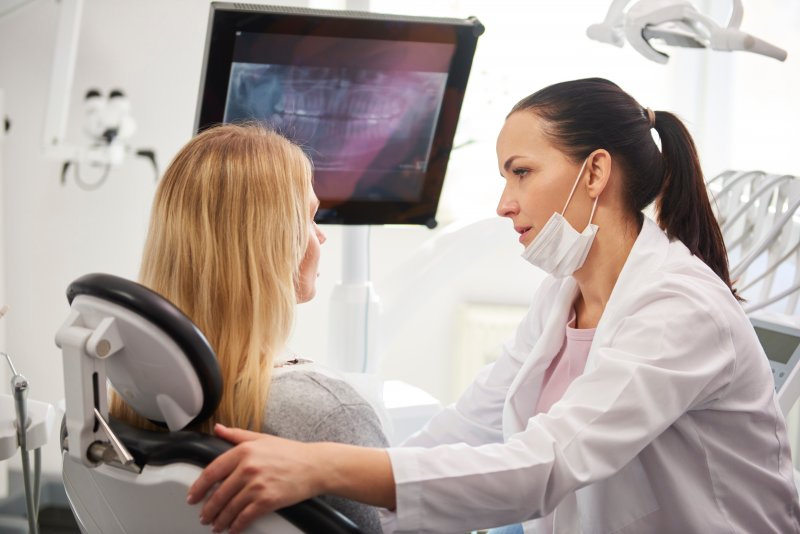
Many patients put off visiting the dentist out of fear. Dental anxiety affects both children and adults, resulting in missed appointments and poor oral health. It is one of many reasons why dentists often provide sedation dentistry. However, not everyone is a good candidate for this type of treatment. Read on to learn why some individuals should avoid nitrous oxide, oral conscious sedation, and IV sedation, and what a dentist can do to help.
Why Might a Patient Not Be a Good Candidate for Sedation?
Before receiving any form of sedation, a dentist will go over a patient’s concerns as well as their medical history and any medications they might currently be taking.
While many individuals are cleared to receive sedation, others are not, and it is usually because:
- The individual expresses no concerns about receiving dental care and does not struggle to sit still in the treatment chair.
- The patient is pregnant, as it can affect the baby at different stages of development.
- The person is allergic to the medications used as part of dental sedation (i.e., benzodiazepines).
- The patient is experiencing sinus congestion, making it difficult for the sedation to take full effect.
- The person suffers from a respiratory illness, which can lead to complications with breathing.
- The individual is taking medicines that might negatively interact with those found in dental sedation.
- The patient suffers from sleep apnea.
What Can Be Used Instead?
Whether the reason a patient requests sedation dentistry is because of a sensitive gag reflex, a fear of needles, a disability that makes sitting still difficult, or a previous dental experience that resulted in trauma, a dentist will do whatever they can to ensure a safe and comfortable experience.
While one form of sedation may not be suitable for a person’s needs, another might prove highly effective. For example, a person who is suffering from sinus congestion may not be cleared to receive nitrous oxide because of their inability to effectively inhale the gas; however, oral conscious or IV sedation might be more suitable for their needs.
If a person is not cleared for any form of sedation though, a dentist may recommend:
- Holding off on treatment if it is not essential (This is especially true for pregnant women)
- Practicing breathing techniques to keep oxygen levels steady
- Talking about any concerns during an appointment, as knowing more about the type of treatment a person is receiving and how it is performed can help alleviate some of the worry
Dental sedation can be a great way to keep a patient calm and relaxed during an appointment, but it’s not always an option for everyone. By evaluating one’s candidacy early on, the dentist can provide suitable recommendations for more comfortable visits.
About Grand Dental – Lockport
At Grand Dental – Lockport, our dental office consists of multiple dentists who want patients to feel comfortable while in the treatment chair. Offering nitrous oxide as well as oral conscious and IV sedation, our experts can ensure greater efficiency while also creating a more relaxed experience for patients. If you struggle with dental anxiety and want to know if you’re a candidate for sedation dentistry, visit our website or call (815) 240-8068 to learn more.
